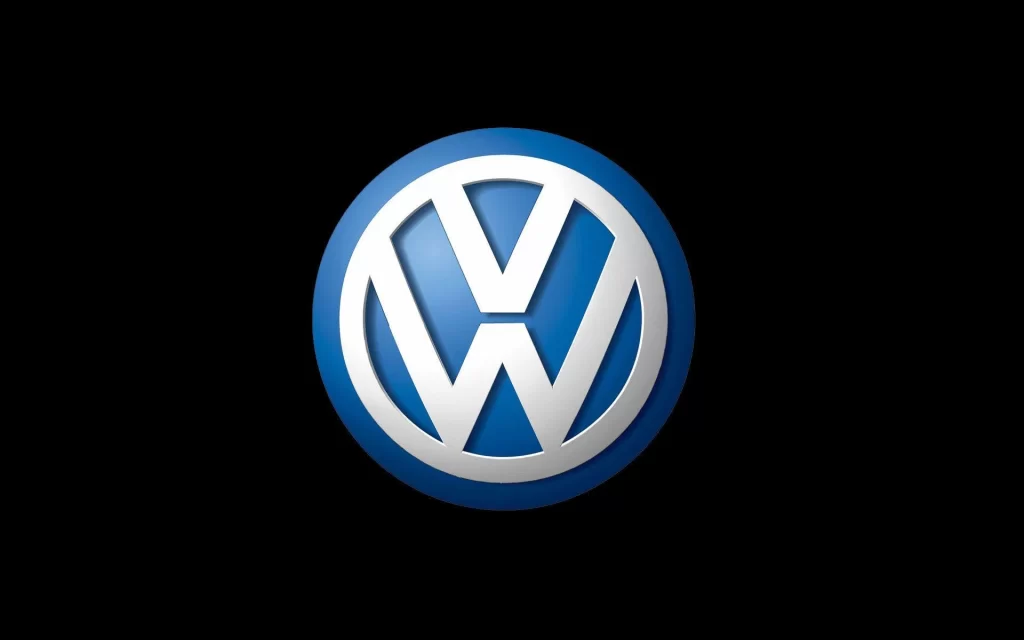Shares in Volkswagen, Europe’s largest carmaker, fell 1.4% in early trade on Wednesday after saying it would invest up to $5 billion as part of a planned joint venture with electric vehicle maker Rivian.
The tie-up announced on Tuesday signals the value of Rivian’s assets in software, an area in which Volkswagen has lagged far behind with its software subsidiary Cariad running up years of delays and losses.
Still, three analysts said investors will be concerned about the price tag of the investment, with Volkswagen’s capital expenditure and research and development hovering at a stubbornly high level of around 13% since 2018, according to an analysis by Bernstein.
“While the transaction could make sense strategically… we believe investors would prefer VW to sell assets, not buy them,” a note from Stifel Research said on Wednesday.



